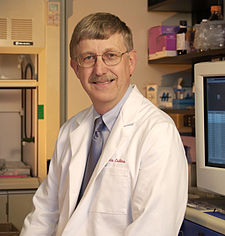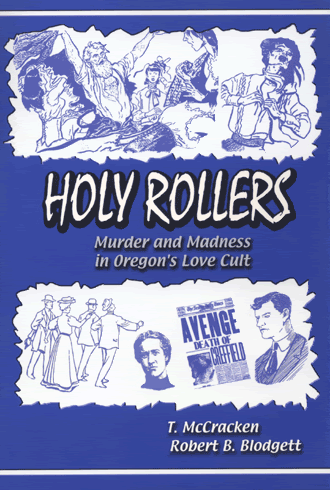But I was reminded again of Francis Collins upon listening back to an interview (the same interview that nagged me to write this post in the first place), which featured the famed geneticist, on Terry Gross' characteristically hospitable radio show, Fresh Air (NPR). The discussion was part two in a two-part series addressing the compatibility of science and religion, the first of which featured an interview with evolutionary biologist and renowned atheist, Richard Dawkins. I've provided links to the two interviews below so there's no need for me to reconstruct them here, but I would like to comment on what I perceive to be a distinct difference in attitude between the two eminent scientists; a difference that to me illustrates the lack of intellectual rigor that results in unlikely labels like "Evangelical Christian Geneticist" (not to be confused in this case with Christian Scientist).
 Now it's an admittedly murky idea to try and articulate, and I wince at the thought of sounding mean—but there is something deficient in Francis Collins's reasoning. Something off, something kinda childish, something bible camp-counsiloresque about his demeanor. When compared with Richard Dawkins—and to be sure, Dawkins possesses exceptional powers of persuasion—Collins sounds naive and whimsical, much like anyone who babbles on about what God might/maybe/could embody. Like, "Gosh, would you look at all those stars... kinda makes you think, don't it... [insert token spiritual digression here]" The only nuance being that Collins thinks God's invisible fingerprints are all over our DNA (a far cry from the dust and bone accounts of Genesis.)
Now it's an admittedly murky idea to try and articulate, and I wince at the thought of sounding mean—but there is something deficient in Francis Collins's reasoning. Something off, something kinda childish, something bible camp-counsiloresque about his demeanor. When compared with Richard Dawkins—and to be sure, Dawkins possesses exceptional powers of persuasion—Collins sounds naive and whimsical, much like anyone who babbles on about what God might/maybe/could embody. Like, "Gosh, would you look at all those stars... kinda makes you think, don't it... [insert token spiritual digression here]" The only nuance being that Collins thinks God's invisible fingerprints are all over our DNA (a far cry from the dust and bone accounts of Genesis.) In this respect, Collins falls neatly in line with a dead-sea-scrolls-worth of religious faithfuls who've found new and creative ways of positing God's existence in the face of scientific discovery, which continues to neuter claims made by their sacred texts. From Copernicus to Galileo, Newton to Darwin, where religion is concerned, science is corrosive, and it's taken the craft of language to go the necessarily poetic lengths to rescue popular religion from sheer charlatanism.
Am I alleging that Francis Collins himself is a charlatan? No—I'd imagine he believes wholeheartedly in the arguments he makes for Christianity. Am I saying he's incapable of advancing science? Clearly not, as he has in a monumental way. I am however calling into question his intelectual rigor, and suggesting that the latest spin he's put on spirituality says nothing new. Science has been revealing profundities in nature for millennia, and there will always be those who take those discoveries to be proof of God's existence, when really, the reason for the splendor of the genome is no more explicable than that of the vastness of the cosmos, however much one might wish for an explanation.
As for Dawkins, maybe I'm giving him too much credit. Maybe the seductiveness in his voice—his token eloquence, are merely reflections of the grace and honesty of his arguments.
Listen to both interviews on NPR's website:
Richard Dawkins interview w/ Terry Gross
Francis Collins interview w/ Terry Gross


